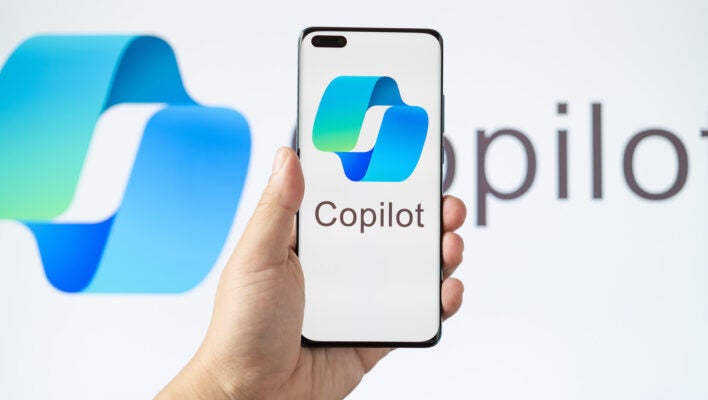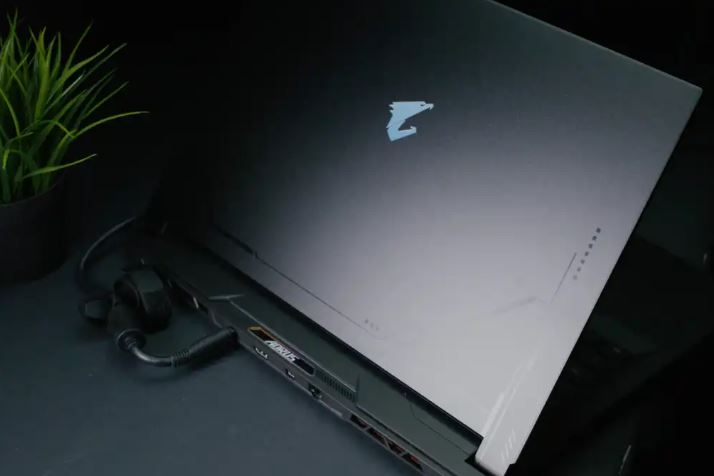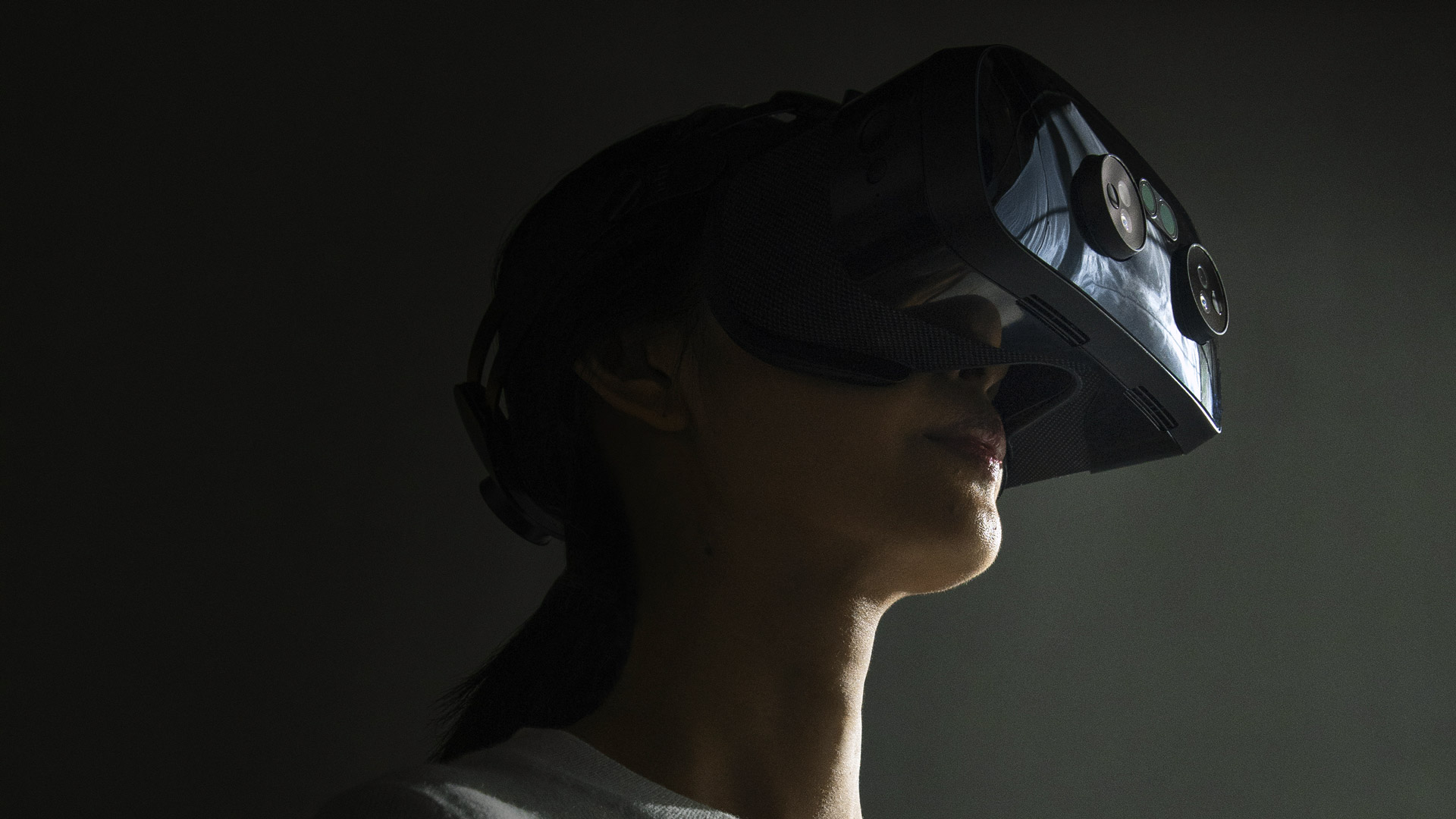Microsoft’s latest Copilot feature is an integration with AI music creation tool, Suno, that lets anyone make tunes.
Microsoft is jazzing up its Copilot generative AI chatbot with a new musical plug-in that lets you “turn your ideas into songs” without even having to read a note.
The tech giant revealed the new feature earlier this week and it’s powered by an integration with Suno, a tool made by an AI music startup of the same name that wants to make creating music as easy as taking a photo with a smartphone.
The Suno plugin generates songs from start to finish complete with lyrics, instrumentals, and vocals, based off of text prompts the user enter into it. Simply write a prompt such as “create a pop song for kids about brushing their teeth” and let AI do the rest.
The beauty of the tool is that it requires no musical prowess or technical ability to be able to create music, so literally anyone can have a go.
What is Suno AI in Copilot?
Suno, meaning “listen” in Hindi, was founded by a team of musicians and music-loving AI experts in Cambridge, MA. The startup has only been going since 2022 and has raised over $224M in funding across 58 funding rounds involving 135 investors, according to
Suno’s partnership with Microsoft is particularly poignant at the moment as building consumer AI audio-generation tools and platforms appears to be the next big thing major tech companies are turning their attention and AI capabilities to. Both Facebook and Google have already come out with their own AI audio-generation offerings in partnership with other specialist music-tech companies.
CEO and co-founder Mikey Shulman told Axios in an interview: “Most people don’t play an instrument or know complicated software, which up until now have been barriers to making beautiful music. Vocal music is [also] a really important ingredient in that, and it’s one of [Suno’s] differentiators.”
As with most AI-powered tools, the conversation soon turns to the big unknowns around AI ethics. Suno works by matching the song to cues in your prompt, without revealing the dataset in which its AI is trained on, the company claims that it has mitigated against the risk of plagiarism and copyright issues.
For example, users are able to prompt Suno to create a song “in the style of” a particular artist but Suno would block a user from entering song lyrics ripping off an existing song.
How to Enable Suno on Copilot
Microsoft announced its Copilot Suno integration in a blog, alongside a handful of other upcoming enhancements to the AI chatbot revealed in celebration of the platform’s first birthday.
If you want to join the Microsoft Copilot users making personalized songs just in time for the holidays, then the tech giants says that the Suno plugin is already available to some users and will be rolled out to more over the coming weeks.
To enable Suno on Microsoft Copilot, first make sure you’re signed in to your Microsoft account via copilot.microsoft.com.
From there, just toggle on the Suno plugin or click on the Suno logo that says: “Make music with Suno.” If you don’t see these options, then sadly the feature probably hasn’t rolled out to you just yet.
Provided it has, after that you just enter a Copilot prompt related to making music and then let it work its magic. Happy holidays, AI fiends!




